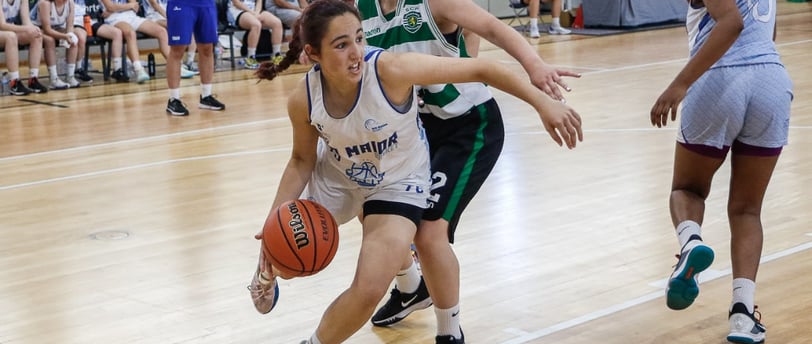New NIL, health and academic benefits take effect for NCAA student-athletes Thursday
Increased benefits include DI core guarantees, NIL resources and post-eligibility insurance coverage
Media Center
8/2/20242 min read


This is a big deal!
A series of reforms that deliver increased benefits to college athletes — including expanded health care coverage, increased mental health support and academic guarantees — take effect Thursday after a series of rules changes adopted by the NCAA Board of Governors and Division I members.
Also included in the benefits are a new name, image and likeness resource center; increased opportunities for student-athletes to receive help with arranging NIL deals; and a post-eligibility insurance program that benefits student-athletes in all three divisions.
"The NCAA is making changes to deliver more benefits to student-athletes for their academic success and health and well-being," NCAA President Charlie Baker said. "Today's progress was made possible by DI membership committing to these investments and by student-athlete leaders leading the charge for these long overdue changes."
Core guarantees
In April 2023, the Division I Board of Directors unanimously adopted new rules — also known as "core guarantees" — that require increased support for all Division I student-athletes, effective Aug. 1, 2024.
The core guarantees include benefits that must be provided to all Division I student-athletes as a condition of their school's membership in Division I. The benefits were originally recommended by the Division I Transformation Committee in January 2023.
All schools with Division I sports programs must:
Provide medical coverage for athletically related injuries for at least two years after graduation.
Cover out-of-pocket medical expenses (copayments, deductibles, etc.) during a student-athlete's playing career.
Offer degree-completion funds for up to 10 years after a college athlete's eligibility concludes, if that college athlete was previously on full scholarship or received financial aid in a head count sport.
Provide the same scholarship protections already required of autonomy conferences.
Attest that they provide career counseling for current and former college athletes and life skills development across a range of topics, including at minimum:
Mental health.
Strength and conditioning.
Nutrition.
Name, image and likeness opportunities.
Financial literacy.
Career preparation.
Transfer requirements.
Diversity, equity, inclusion and belonging.
Sexual violence prevention.
Attest that they provide mental health services and support consistent with the NCAA's Mental Health Best Practices.
Attest that they follow concussion management protocols in line with the NCAA Concussion Safety Protocol Checklist.
Attest that they provide academic support services in line with NCAA rules.
NIL resources
The NCAA on Thursday launched NCAA NIL Assist, a platform designed to connect student-athletes with potential service providers, facilitate disclosures of NIL activities, and provide student-athletes with access to educational resources and insight into evolving trends within the NIL environment.
The mobile-friendly, web-based platform — available to member schools, student-athletes and their families — includes:
A voluntary registry where agents and other interested professional service providers can submit information about their offerings and seek potential student-athlete clients.
A "rate your experience" tool allowing student-athletes to share reviews of those same service providers, so other student-athletes can feel informed when engaging in the NIL market.
A simple process by which NCAA schools can submit NIL disclosure data.
Aggregated data with identifying information removed and trends about NIL agreements, including the ability to sort by subdivision, conference, sport and player position.
Access to educational programming related to NIL, including resources about NCAA rules, tax implications and intellectual property.
